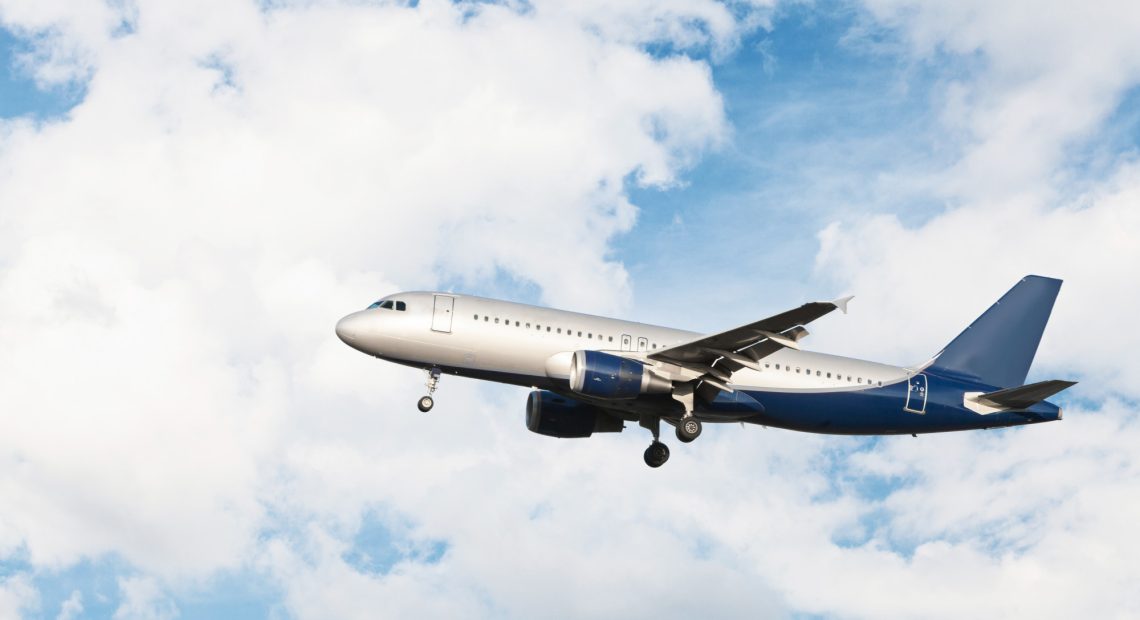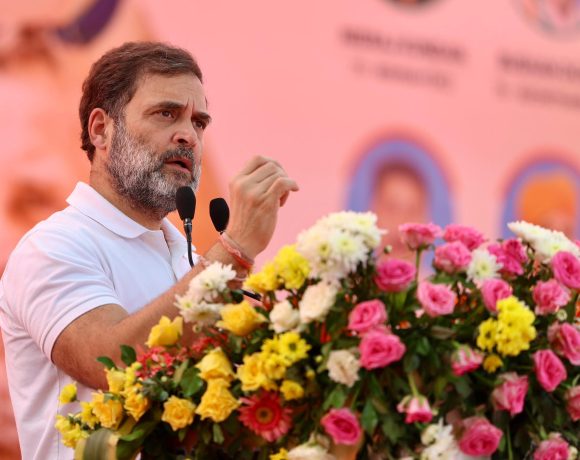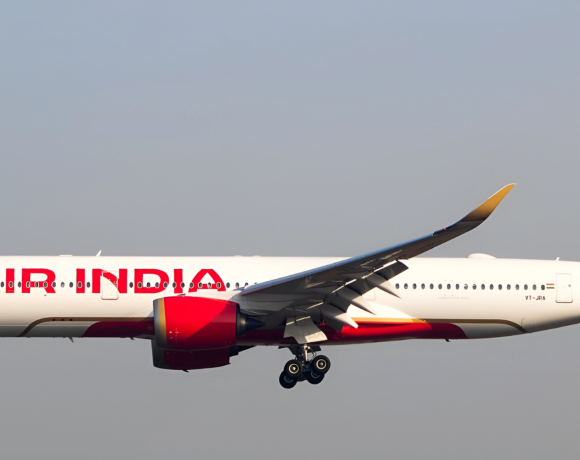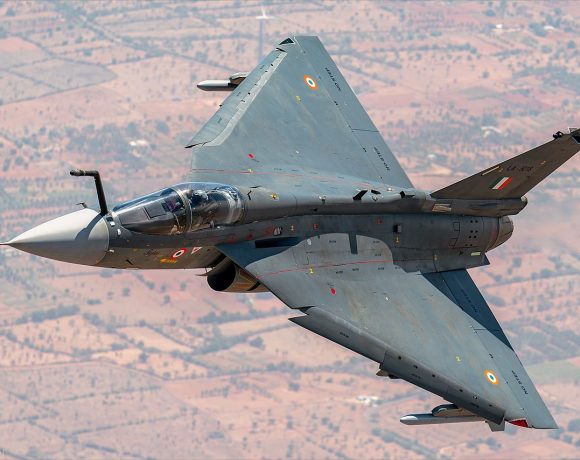
India Tightens Airport Security Amid Rising Pakistan Tensions
As tensions between India and Pakistan continue to rise, the Indian government has escalated aviation security protocols across all major airports to safeguard against potential threats. The Bureau of Civil Aviation Security (BCAS) issued an urgent directive on Thursday, rolling out a series of immediate measures aimed at tightening surveillance and ensuring the safety of civil aviation.
The key directives include mandatory secondary security screenings for all passengers before boarding flights, regardless of destination. This additional layer of scrutiny is intended to catch any potential security threats that may bypass primary screening processes.
In a bid to control terminal access, only passengers with valid flight tickets will now be permitted inside airport premises. This restriction is expected to reduce congestion and limit potential risks posed by unauthorized individuals within high-security zones.
Airport Security India Steps Up Measures
Among the more sweeping changes is the requirement of full CCTV surveillance across all domestic and international terminals. Airport operators have been instructed to ensure uninterrupted coverage of all key areas, including check-in counters, baggage belts, parking lots, and boarding gates.
Additionally, the presence of air marshals on commercial flights will be ramped up significantly. These undercover security officers are trained to respond to any airborne threats and will now play a more prominent role in flight security amid current geopolitical concerns.
At airport entry points, security agencies will implement randomized baggage screening and stringent vehicle checks, focusing especially on high-traffic terminals in metro cities like Delhi, Mumbai, Bengaluru, and Kolkata.
Civil Aviation Safety Amid Geopolitical Threats
These precautionary measures follow increased military activity along the border, including cross-border strikes and air defense operations, prompting India to heighten its alert level. Authorities have emphasized that these steps are preventative in nature and part of a broader strategy to ensure civilian safety in sensitive infrastructure zones.
The Ministry of Civil Aviation is closely monitoring the situation in coordination with intelligence agencies, and additional advisories may follow as circumstances evolve.


















